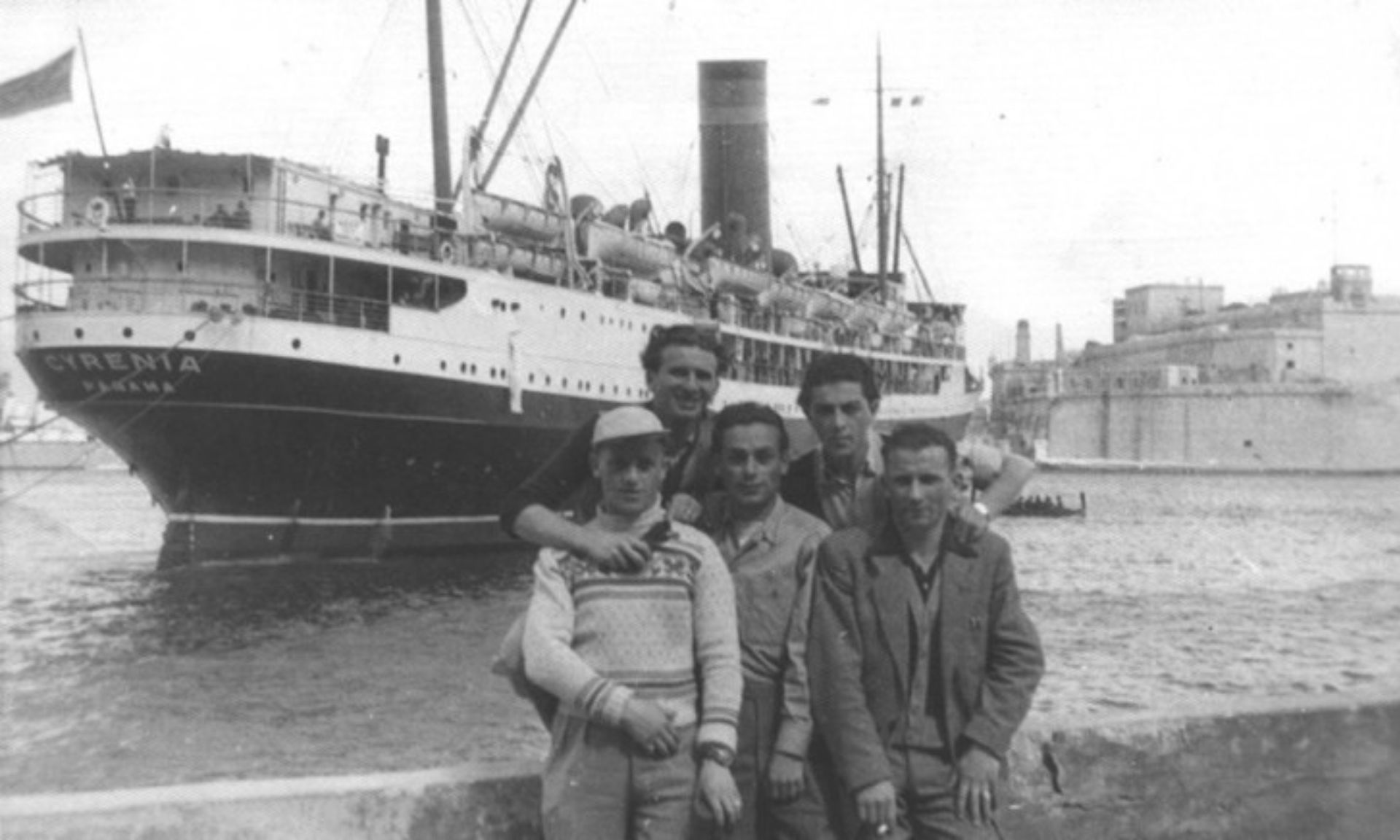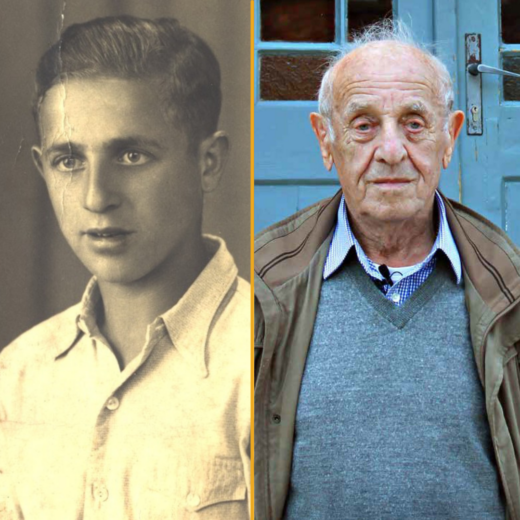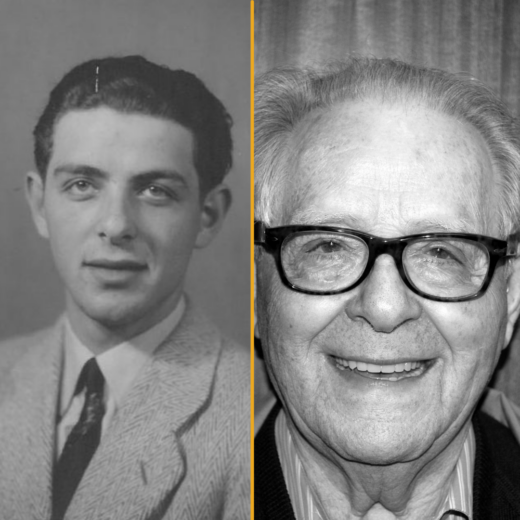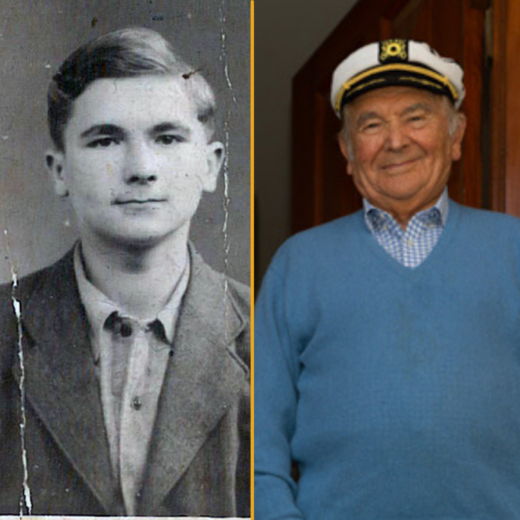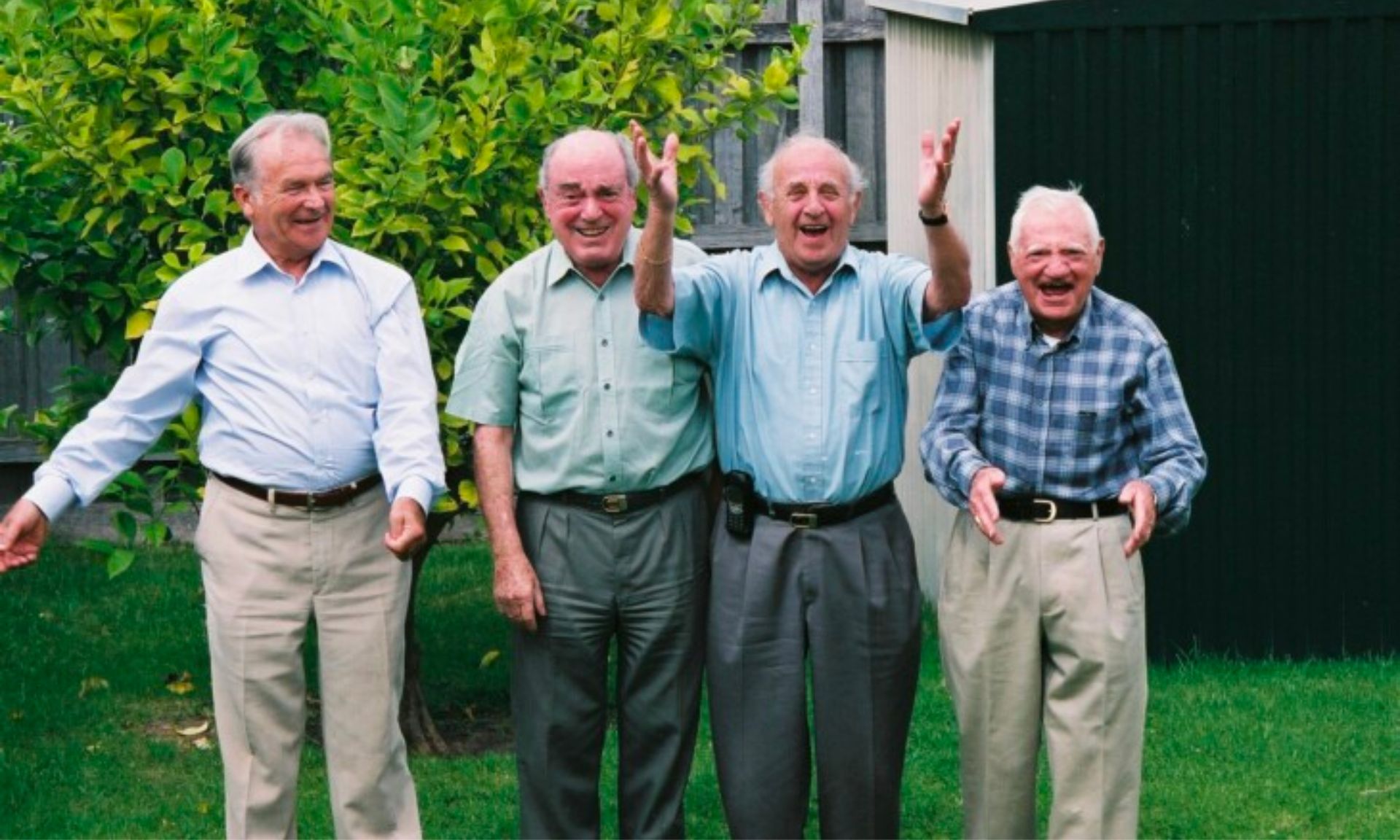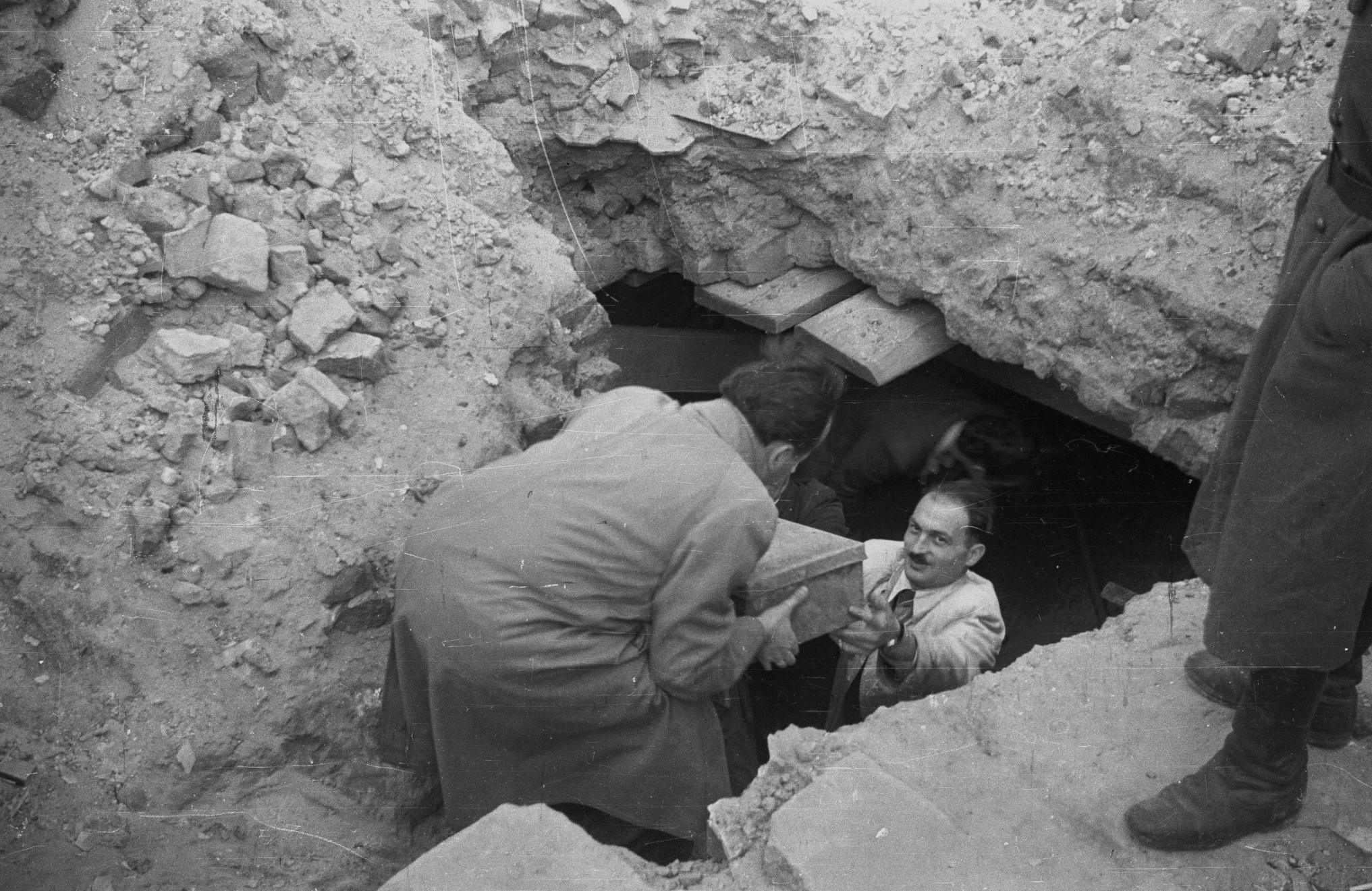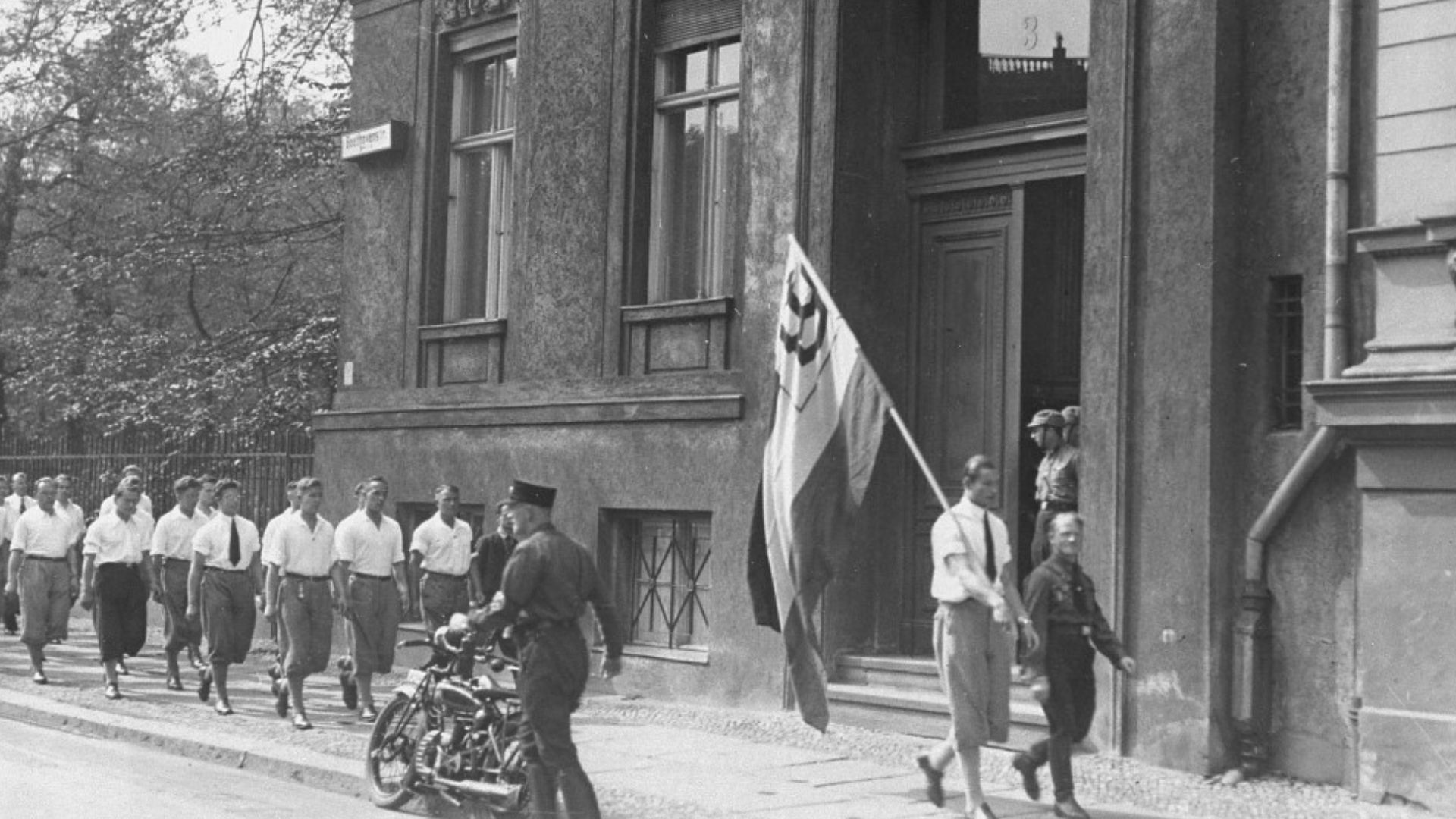Szaja Chaskiel OAM had marched from Auschwitz-Birkenau to Buchenwald a few months earlier – he couldn’t believe he was finally free. Even though soldiers of the US military were tending to him, he could not accept that the war was over.
“I did not believe it,” he says, “until a Jewish chaplain started speaking to us in Yiddish!”
The Holocaust camp system robbed child survivors of a part of their lives in which they would have learned basic social and life skills. For these survivors, returning to life relied on first learning the skills enabling them to do so.
Various organisations in France and Switzerland sponsored orphanages in which child survivors from Buchenwald could gain a degree of socialisation. There, they would learn how to conduct themselves at mealtimes, interact with other children, and perform the basic day-to-day tasks demanded by life in modern society.
Without parents, without a connection to their cultural heritage, and in some instances, without friends, these Buchenwald Boys started life anew.
The late Max Zilberman z” l, who used to volunteer with us, described his experience of leaving Switzerland as a traumatic one. The friends he had made – not all of whom moved to Australia when he did – were the only friends he had. Bound by a shared experience of incarceration and rehabilitation, those friendships were enormously important to him.
Other survivors of Buchenwald echo such sentiments. Joe Szwarcberg, who like Szaja speaks regularly to students today, describes his bond with other Buchenwald Boys as being “closer than brothers”. Unlike Max, Joe was rehabilitated in an orphanage in France, but his experiences were much the same. Those were happy years, achieving independence and experiencing a measure of healing.
For those boys who migrated to Australia, the journey by boat further cemented those friendships, which they were to nurture for decades to come.
How do the Buchenwald Boys celebrate April 11?
For many years, the prime means of celebrating those friendships was in the Buchenwald Ball, held every year on 11 April. For survivors like Szaja, Joe and Max, these parties were essential in affirming their survival and celebrating their migration to Australia.
As the years go by, fewer Buchenwald Boys attend this celebration. The ball remains a celebration as their descendants gather to honour the lives of their parents and grandparents liberated on this date.
In a time of mixed emotions, we remember the Buchenwald Boys with gratitude for those who shared their experiences with us.
You can reach out to Szaja and Joe via our program Survivor Connect to celebrate this momentous date.
You can learn more about them through the following resources:
